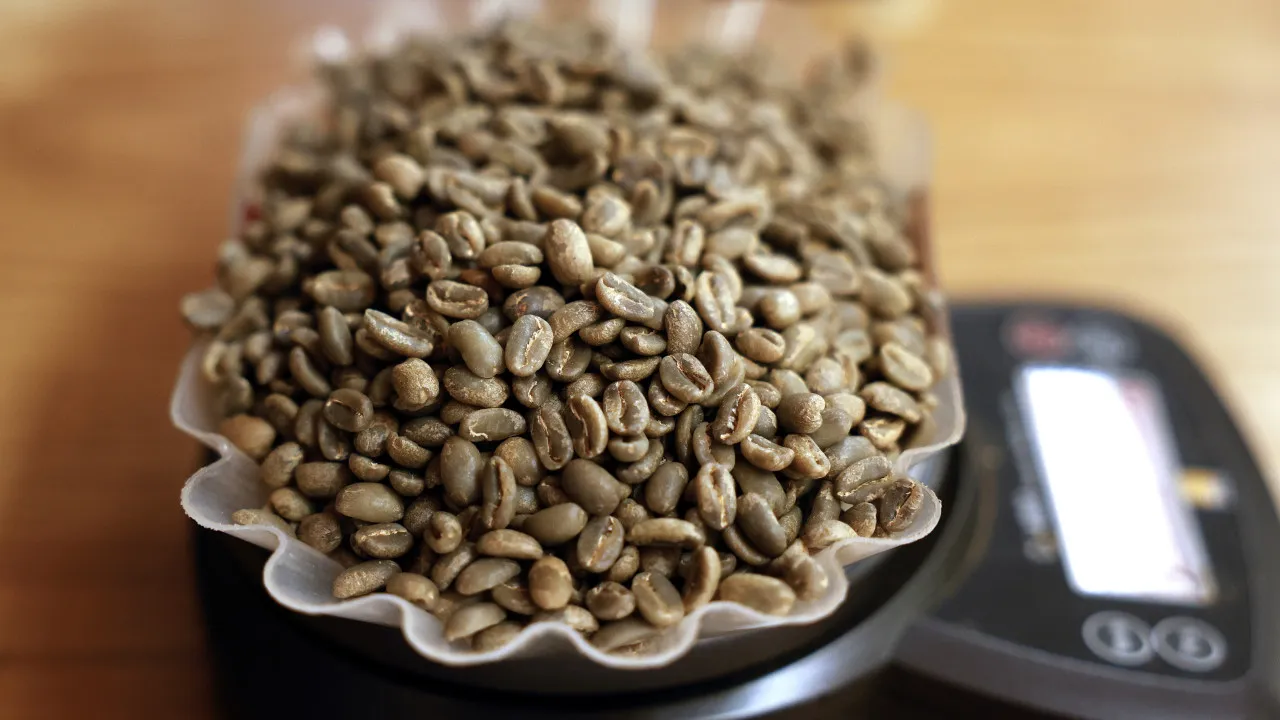
The measure, effective for five years, was announced just days after the introduction of the new U.S. tariff set to take effect on Wednesday, causing alarm among Brazilian producers and exporters who are now compelled to seek alternative markets.
Industry data indicates that by 2025, approximately 85% of Brazil’s arabica production—the variety most exported to the U.S.—has already been harvested. This type of coffee plays a central role in the American market, where it is often blended with milder beans from other Latin American producers to suit local preferences. Brazil accounts for 44% of global arabica production, making the country a difficult supplier to replace in the short term.
The United States, as the world’s largest coffee consumer, imported 3.3 million bags of Brazilian coffee in the first half of the year, comprising nearly 23% of Brazil’s total exports during that period. Meanwhile, China imported 530,000 bags in the same timeframe. Although the Chinese market remains smaller, it has gained importance as Brazilian access to the U.S. market faces new barriers.
In November, ApexBrasil, the Brazilian export promotion agency, signed an agreement with Luckin Coffee, China’s largest coffee chain, to supply 240,000 tons of Brazilian coffee between 2025 and 2029. The contract is valued at $2.5 billion (over €2.1 billion) and follows a previous mid-2024 agreement worth $500 million (€432 million) for the supply of 120,000 tons.
Founded in 2017, Luckin Coffee currently operates over 22,000 stores across China and serves more than 300 million customers. While tea remains the dominant traditional beverage, coffee consumption has been rapidly increasing in the Asian country, especially among young urban professionals. Per capita consumption has doubled over five years, rising from eight to 16 cups annually—still far below the global average of 240 cups and the more than 400 recorded in the U.S.
At the time of the agreement, Luckin Coffee CEO Jinyi Guo praised Brazilian coffee and described the contract as “just the beginning” of a long-term collaboration. “In the future, we aim to expand this partnership even further,” he stated.
Since 2009, China has been Brazil’s main trading partner, with bilateral trade rising from $9 billion (€7.8 billion) in 2004 to $188 billion (€162 billion) in 2024. Brazil plays a significant role in China’s food security, accounting for more than 20% of the Asian country’s agricultural and livestock imports.
The world’s second-largest economy sustains nearly 19% of the global population with only 8.5% of the planet’s arable land. In contrast, the Latin American country has nearly 7% of the arable land for 2.7% of the world’s population.




